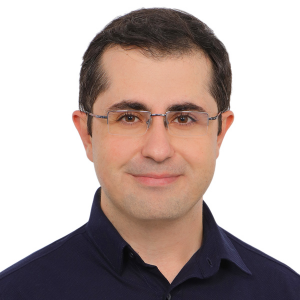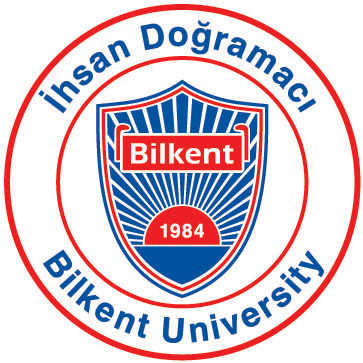

Dr. Sayin has been an Assistant Professor of the Electrical and Electronics Engineering Department at Bilkent University, Turkey, since September 2021. He leads the Games, Decisions & Networks Research Lab.
He focuses on research challenges in socio-technical systems where humans and technological systems can engage. His overarching research goal is to develop an understanding of the theoretical and algorithmic foundation of learning and autonomy in complex and dynamic systems to solve societal challenges with systematic guarantees.

Before moving to Bilkent University, he was a Postdoctoral Associate at the Laboratory for Information and Decision Systems, Massachusetts Institute of Technology, from September 2019 to August 2021. He studied the theoretical and algorithmic foundation of multi-agent reinforcement learning with independent and autonomous learners.

He got his Ph.D. from the University of Illinois at Urbana-Champaign, Electrical and Computer Engineering Department in 2019. He studied the theoretical foundation of how intelligent and autonomous decision-makers (including humans or human-like artificial intelligence) would share their strategic information with others in complex and dynamic environments.

During his doctoral studies, he also conducted research at Toyota Info-Tech Labs, Mountain View, CA, to develop solutions to practical problems in intelligent transportation systems. His patent on “Managing roadway intersections for vehicles” was granted in Oct. 2021.

He got his M.S. and B.S. degrees from Bilkent University’s Electrical and Electronics Engineering Department in 2015 and 2013, respectively.